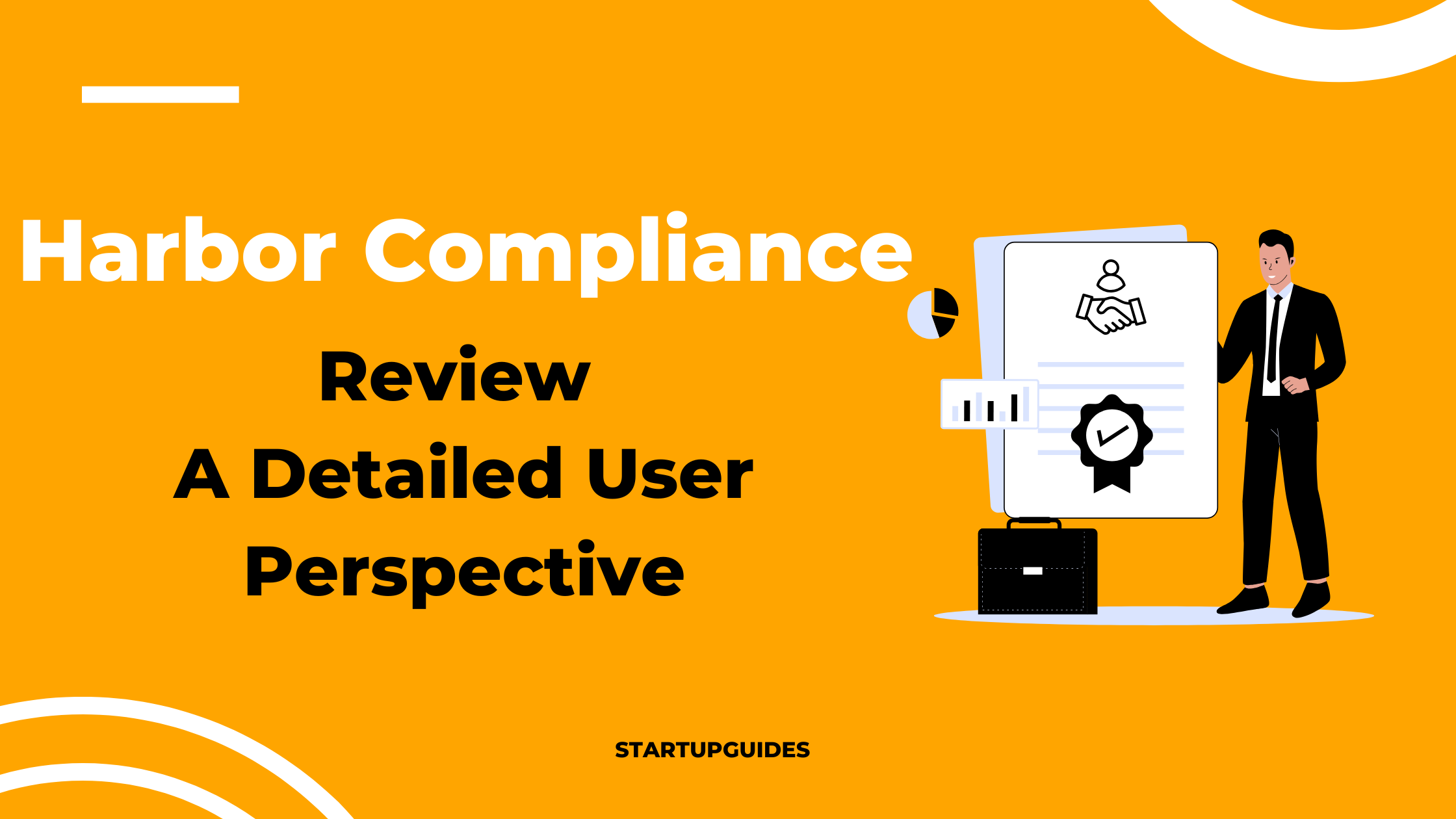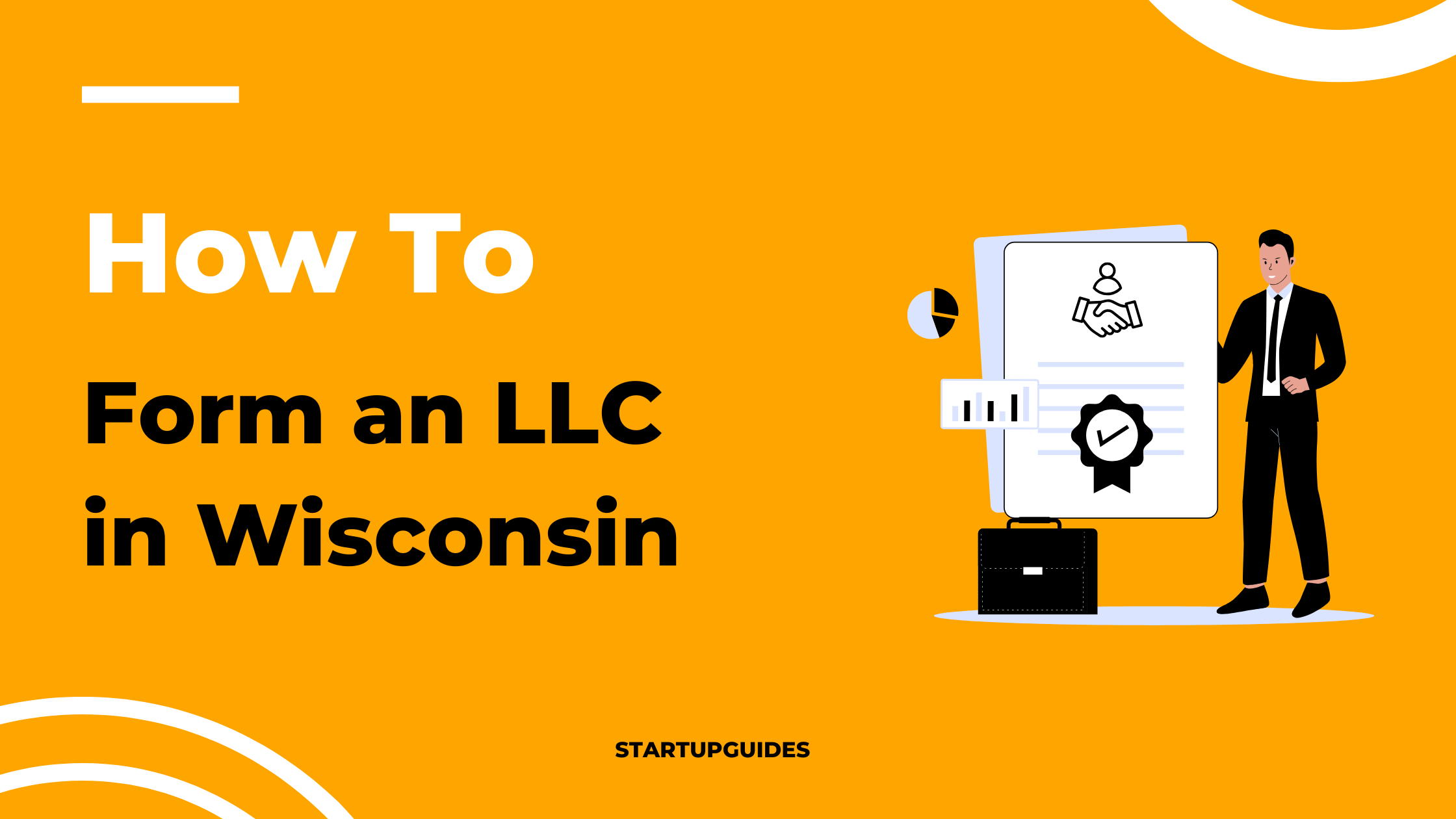Starting a business can be both exciting and challenging, and choosing the right legal structure is a crucial decision. One of the most popular choices for entrepreneurs today is the Limited Liability Company (LLC). An LLC offers flexibility, personal asset protection, and ease of management, making it ideal for small business owners. If you’re considering forming an LLC in Florida in 2025, you’re in the right place! Florida is known for being one of the most business-friendly states, with advantages like no state income tax and a simple formation process.
An LLC in Florida protects your personal assets from business liabilities, which means your personal property, such as your home and savings, is generally safe if the business faces legal or financial troubles. This protection, combined with Florida’s favorable tax environment, makes it a popular choice for new business owners. The state also offers a straightforward process for forming an LLC, making it easier for entrepreneurs to get started.
Whether you’re based in Florida or outside the state, starting an LLC here can open doors to numerous opportunities. This guide will walk you through every step of the LLC formation process, from choosing your business name to meeting your ongoing legal obligations after your LLC is officially formed. By following these steps, you’ll ensure that your LLC is properly set up, so you can focus on growing your business with peace of mind. Let’s dive in and get started on the path to forming your LLC in Florida in 2025!
Why Start an LLC in Florida?
Florida is one of the most business-friendly states in the U.S., offering a favorable tax environment, a large market, and a growing economy. With no state income tax and a streamlined LLC formation process, it’s no wonder that many entrepreneurs choose Florida for their businesses. Whether you are based in Florida or outside the state, starting an LLC here can provide you with personal asset protection, flexible tax benefits, and operational simplicity.
Costs Summary
| Fee | Amount (USD) |
|---|---|
| Articles of Organization | $125 |
| Registered Agent (annual fee) | $50 – $300 |
| EIN (Employer Identification Number) | Free (via IRS) |
| Operating Agreement (optional) | Varies ($0 – $200) |
| Annual Report (due yearly) | $138.75 |
Steps to Forming an LLC in Florida
The process of starting an LLC in Florida is relatively straightforward, but it’s important to follow the correct steps to ensure that you comply with state laws. Here’s a detailed breakdown of each step to form your LLC in Florida:
1. Search Your LLC Name
The first step in creating your LLC is selecting a unique name. The name must comply with Florida state requirements and must be distinguishable from other businesses already registered in the state.
What to Consider When Naming Your LLC:
- Must include “LLC” or “Limited Liability Company”: The name of your LLC must end with “Limited Liability Company,” “LLC,” or “L.L.C.”
- Uniqueness: Your LLC name must be distinct from other registered businesses in Florida. You can use the state’s online business search tool to check if your desired name is available.
- Avoid restricted words: Certain words, such as “bank,” “trust,” “insurance,” and “attorney,” are prohibited unless you meet specific qualifications.
Tip: If you’ve already chosen a name but aren’t ready to form your LLC immediately, you can reserve it for 120 days for a small fee.
2. Choose a Registered Agent
A Registered Agent is someone or an entity designated to receive legal documents on behalf of your LLC. In Florida, your LLC is required to have a Registered Agent, and this person or company must be located in Florida.
Who Can Be a Registered Agent?
Your Registered Agent can be an individual or a professional service. This person or service must:
- Be available during business hours.
- Have a physical address in Florida (not a P.O. Box).
You can appoint yourself, another member of the LLC, or a professional Registered Agent service. Many business owners prefer professional services like Northwest Registered Agent or LegalZoom because they ensure compliance and handle important paperwork.
Tip: If you choose to be your own Registered Agent, make sure you’re comfortable with receiving legal documents at your physical address and being available during business hours.
3. File Articles of Organization with the Department of State
The Articles of Organization is the official document that establishes your LLC with the state of Florida. This is filed with the Florida Department of State, Division of Corporations.
Steps to File Your Articles of Organization:
- Go to the Florida Division of Corporations website.
- Fill out the form with essential details, including:
- Your LLC’s name
- The address of the LLC’s principal office
- The name and address of your Registered Agent
- Submit the form and pay the $125 filing fee.
You can file online, which is the fastest and most convenient way. Processing times for online filings are typically around 5 business days, while mailed filings can take up to 12 business days.
Tip: When filing online, ensure all your information is correct, as it can speed up the approval process.
4. Create an Operating Agreement
Though Florida doesn’t require an LLC to have an Operating Agreement, it is highly recommended. This document serves as an internal agreement that outlines how the LLC will be managed and the rights and responsibilities of its members.
Key Elements to Include in Your Operating Agreement:
- Ownership percentages: How much of the business each member owns.
- Management structure: Whether the LLC is member-managed or manager-managed.
- Profit and loss allocation: How profits and losses will be distributed among members.
- Membership changes: Procedures for adding or removing members.
- Dispute resolution: How disputes among members will be resolved.
An Operating Agreement helps avoid misunderstandings among members and provides a clear framework for operating the business.
5. Obtain an EIN from the IRS
An Employer Identification Number (EIN), also known as a Federal Tax Identification Number, is necessary for tax purposes and other official business activities. You will need an EIN to:
- Open a business bank account.
- File taxes.
- Hire employees.
The good news is that you can apply for an EIN directly from the IRS website for free. The process is straightforward and only takes a few minutes. Once you’ve submitted your application, you’ll receive your EIN immediately.
Tip: Even if you’re the only member of your LLC and don’t have employees, you’ll still need an EIN. It’s required for most business activities, including filing taxes.
What to Do After Your LLC Is Approved
Once your LLC is officially formed and you’ve received approval from the Florida Department of State, you need to address some ongoing responsibilities to keep your LLC in good standing.
Annual Report
Every LLC in Florida must file an Annual Report each year to maintain its status. The Annual Report provides the state with updated information about your LLC.
Important Details About the Annual Report:
- Filing deadline: May 1st of each year.
- Filing fee: $138.75.
- Failure to file: If you miss the deadline, your LLC may be administratively dissolved by the state.
The Annual Report is relatively simple to file online, and you can update information such as your LLC’s address, Registered Agent, and members if necessary.
Tip: Be proactive about filing your Annual Report on time to avoid unnecessary fees or dissolution.
Taxes for Your LLC
Florida has no state income tax, making it an attractive option for business owners. However, your LLC is still subject to federal taxes. Florida LLCs are typically taxed as pass-through entities, meaning that profits and losses pass through to the individual members’ tax returns.
Other Taxes to Consider:
- Sales tax: If you sell goods or services in Florida, you’ll need to register for a sales tax permit with the Florida Department of Revenue.
- Employment tax: If you have employees, you must register for unemployment insurance tax and withholding tax with the Florida Department of Revenue.
- Federal taxes: As an LLC, your business income is generally reported on your personal tax return unless you opt for corporate taxation.
It’s highly recommended to consult with a tax professional to ensure you’re complying with all federal, state, and local tax requirements.
Business Licenses and Permits
Depending on the type of business you’re operating, you may need specific licenses or permits from state or local authorities.
Types of Licenses and Permits:
- Local business licenses: Check with your city or county to determine if you need a business license.
- Industry-specific permits: Certain businesses, such as those in healthcare, food, or construction, require specialized permits.
Visit your local government website to determine the exact requirements for your business.
State Agencies You’ll Need to Know
To ensure that your LLC remains compliant, there are a couple of important Florida state agencies you’ll interact with regularly.
Florida Department of State – Division of Corporations
This department is responsible for registering and managing business entities in Florida. You’ll file your Articles of Organization and Annual Report here.
Florida Department of Revenue
The Department of Revenue handles state taxes, including sales and use tax, as well as other business-related taxes like unemployment insurance. If your LLC collects sales tax or has employees, this is the agency you’ll work with.
Conclusion
Starting an LLC in Florida is a relatively easy and cost-effective way to structure your business, offering flexibility, liability protection, and potential tax benefits. By following the steps outlined in this guide, you can create your LLC with ease and ensure that you meet all state and federal requirements. With the right planning, your new LLC can flourish in Florida’s vibrant business environment.
FAQs
Can I form an LLC in Florida if I’m not a Florida resident?
Yes! You don’t need to be a Florida resident to form an LLC in Florida. You just need a Registered Agent with a physical address in the state.
How long does it take to form an LLC in Florida?
If you file online, it generally takes about 5 business days for your LLC to be approved. If you file by mail, expect about 12 business days for processing.
Do I need to file an Annual Report every year?
Yes. All Florida LLCs must file an Annual Report by May 1st each year to maintain their good standing. The filing fee is $138.75.
How much does it cost to form an LLC in Florida?
The filing fee for the Articles of Organization is $125. Additional costs may include the Registered Agent service (if applicable) and the Annual Report fee.
Can I be my own Registered Agent?
Yes, you can be your own Registered Agent, as long as you have a physical address in Florida and are available during business hours to receive legal documents.





